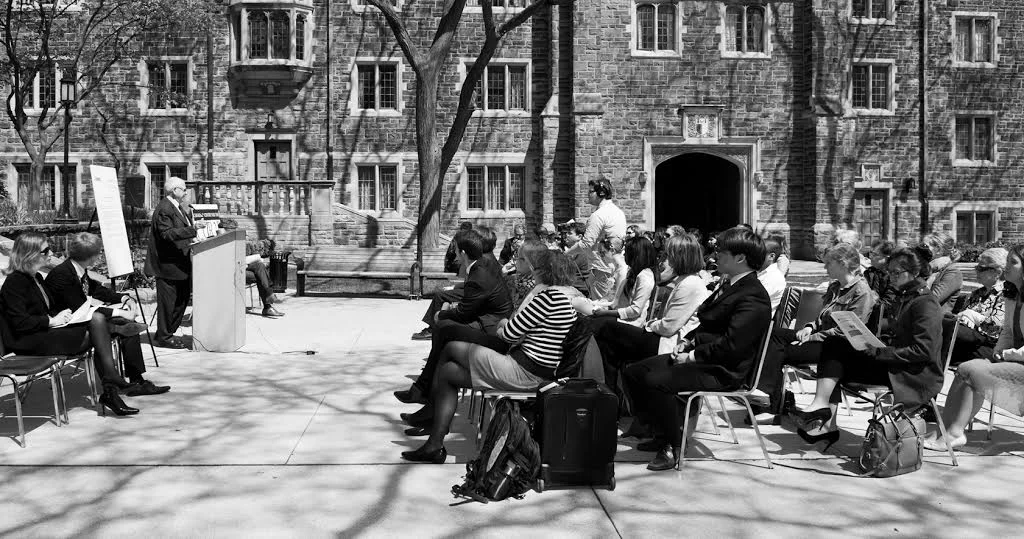
About R2P
Resources
A summary of the report of the ICISS Board, “Responsibility to Protect”, can be downloaded here.
An Introduction to the Responsibility to Protect
Recognizing the failure to adequately respond to the most heinous crimes known to humankind, world leaders made a historic commitment to protect populations from genocide, war crimes, ethnic cleansing and crimes against humanity at the United Nations (UN) 2005 World Summit. This commitment, entitled the Responsibility to Protect, stipulates that:
1. The State carries the primary responsibility for the protection of populations from genocide, war crimes, crimes against humanity and ethnic cleansing.
2. The international community has a responsibility to assist States in fulfilling this responsibility.
3. The international community should use appropriate diplomatic, humanitarian and other peaceful means to protect populations from these crimes. If a State fails to protect its populations or is in fact the perpetrator of crimes, the international community must be prepared to take stronger measures,including the collective use of force through the UN Security Council.
Paragraphs 138-139 of the World Summit Outcome Document
Heads of state and government agreed to the following text on the Responsibility to Protect in the Outcome Document of the High-level Plenary Meeting of the General Assembly in September 2005
138. Each individual State has the responsibility to protect its populations from genocide, war crimes, ethnic cleansing and crimes against humanity. This responsibility entails the prevention of such crimes, including their incitement, through appropriate and necessary means. We accept that responsibility and will act in accordance with it. The international community should, as appropriate, encourage and help States to exercise this responsibility and support the United Nations in establishing an early warning capability.
139. The international community, through the United Nations, also has the responsibility to use appropriate diplomatic, humanitarian and other peaceful means, in accordance with Chapters VI and VIII of the Charter, to help protect populations from genocide, war crimes, ethnic cleansing and crimes against humanity. In this context, we are prepared to take collective action, in a timely and decisive manner, through the Security Council, in accordance with the Charter, including Chapter VII, on a case-by-case basis and in cooperation with relevant regional organizations as appropriate, should peaceful means be inadequate and national authorities manifestly fail to protect their populations from genocide, war crimes, ethnic cleansing and crimes against humanity. We stress the need for the General Assembly to continue consideration of the responsibility to protect populations from genocide, war crimes, ethnic cleansing and crimes against humanity and its implications, bearing in mind the principles of the Charter and international law. We also intend to commit ourselves, as necessary and appropriate, to helping States build capacity to protect their populations from genocide, war crimes, ethnic cleansing and crimes against humanity and to assisting those which are under stress before crises and conflicts break out.